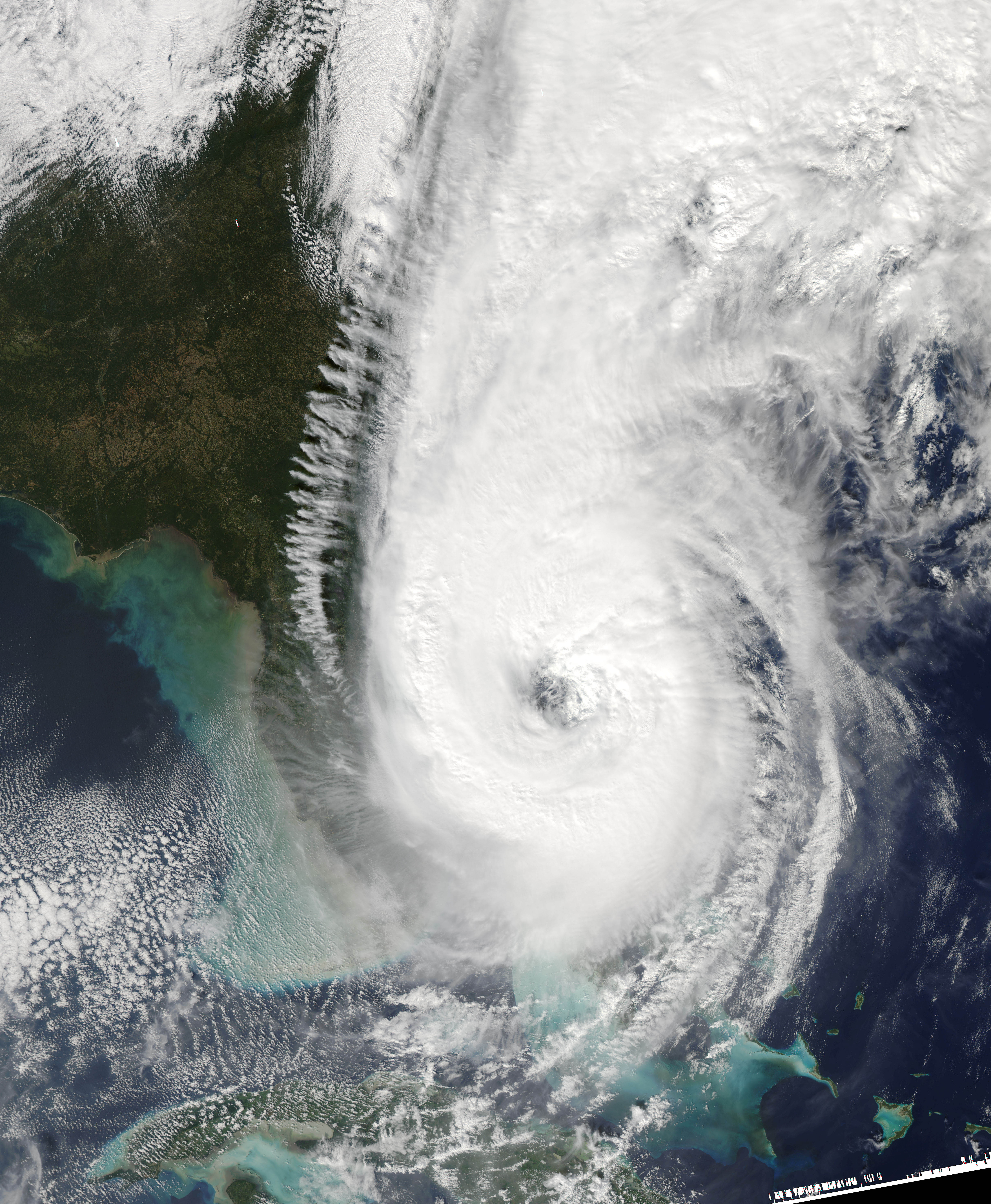MiamiensisWx wrote:The following post is NOT an official prognosis.
It looks like the TUTT in the central Atlantic may be de-amplifying slightly at H7-H8, and it also appears to be gradually lifting out, leaving a flatter ridge in its wake. Simultaneously, there is a broad longwave trough at the mid to upper levels across the eastern CONUS, displacing the upper level ridge to the central and eastern Atlantic. At the surface, a stationary front has weakened the western extent of the strong subtropical low level ridging. The big questions involve the strength of the rebuilding ridging, the movement of the TUTT, and the intensity of Bertha. The evolution of the TUTT suggests that upper level divergence/shear may decrease over the SW Atlantic near the NE Caribbean, which would be more conducive for slow intensification of Bertha down the road. On the other hand, the cyclone currently remains embedded within a stable environment, as evidenced by the stable boundary layer and open cell stratocumulus surrounding the TC. Although shear is minimal, the thermodynamic environment would argue for a weaker system and much slower deepening within the short term. A weaker Bertha would also be more vulnerable to shear. If Bertha is weaker than anticipated over the long term, a more westward track would be plausible, but the weaker intensity would also be detrimental when the TC encounters further shear from the next trough to enter the eastern CONUS. A deeper and more intense Bertha would avoid such dire prospects, but it would likely follow a more northerly path. The track also depends on the timing of Bertha's intensity trends. If Bertha remains weaker within the short term and primarily deepens as it bypasses the TUTT during the medium to long range, the chances for a CONUS landfall would be substantially greater, as opposed to a scenario where Bertha mainly deepens during the current short term. Currently, Bertha is clearly not intensifying significantly, and it is moving just north of due west at a brisk pace. Since models have clearly been deepening Bertha too quickly over the past few days and the thermodynamic environment is marginal for significant short term deepening, I'm inclined to support a more westward solution for Bertha within the short to medium term. This would raise the probabilities for a CONUS landfall, though they are still slim and uncertain.
If the situation evolves as I anticipate, Bertha's greatest threat to the United States will be concentrated along the Carolinas (especially North Carolina), as opposed to the Mid-Atlantic/Northeast to the north and Florida/Georgia to the south. Since the closest historical threats to the CONUS passed north of the NE Caribbean, I believe Bertha will pass just north of the Leeward Islands and that region, though some precipitation and breezy conditions are possible. On an unrelated note, the track of the first Cape Verde TC during a season can be a good indicator of the general "alley" for Cape Verde systems during the remainder of the season. In 1926, a July TC of Cape Verde origin moved NW through the Bahamas as a major (Cat 3) hurricane and eventually struck east-central FL near Merritt Island (Cat 2). Later in the season, a large, intense, long tracked Cape Verde TC dissected the SE coast of FL at Miami (Cat 4/125 kt/933 mb), becoming an extremely destructive system as it passed over the southern FL peninsula and made its second landfall near Perdido Key, AL (Cat 3). In 1996, Hurricane Bertha curved east of FL and struck NC (Cat 2); the other Cape Verde tropical cyclones of the season recurved east of the East Coast, with at least one (Edouard) passing close to the Carolinas, Mid-Atlantic, and Northeast. If Bertha curves north as expected, the other Cape Verde systems of the season will likely follow a similar pattern, with several systems recurving east of the East Coast and threatening Bermuda. A few (1-2) may scrape the East Coast and strike the Carolinas.
Current streamline analysis at H7-H8:
http://cimss.ssec.wisc.edu/tropic/real-time/atlantic/winds/wg8dlm1.html
H5-H8:
http://cimss.ssec.wisc.edu/tropic/real-time/atlantic/winds/wg8dlm2.html
Visible satellite data:
http://www.ssd.noaa.gov/goes/east/tatl/loop-vis.html
Just one correction on your post Miami..Perdido Key is in Florida, not Alabama..but great post





